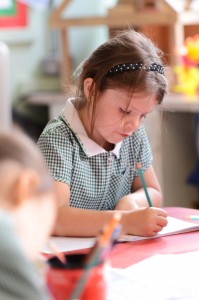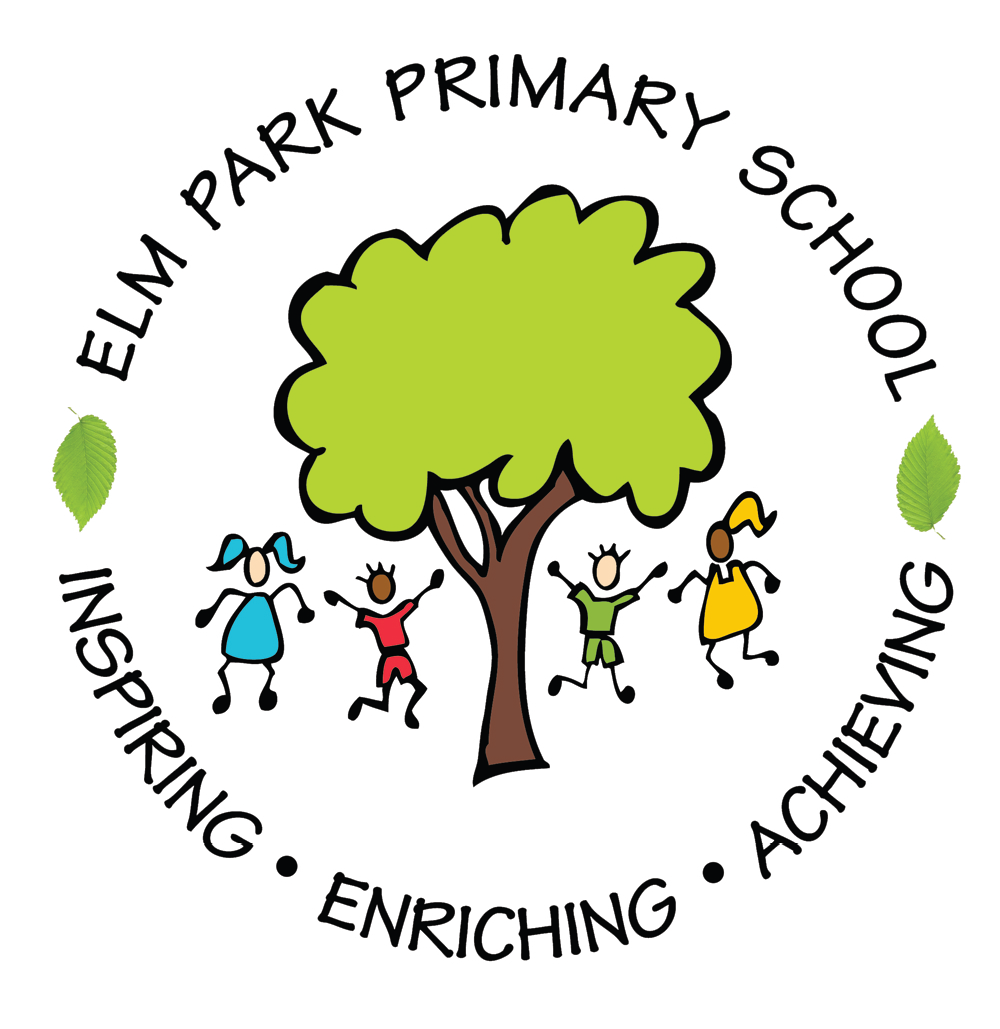English at Elm Park
Reading
At Elm Park we use Read Write Inc Phonics. The books are banded according to difficulty and de-codable words; this is done by reading stage. The children’s reading ability is matched to the book level, and they are moved through the stages as their decoding, word recognition, fluency and comprehension progress. Initially, in the Foundation stage, children have picture books without words and story books sent home for shared reading with an adult. As the children progress through school, they move to Accelerator Reader level books. The children use Star Reader quizzes to assess their current reading ability and track progress.
Phonics is taught throughout Reception and Key Stage 1, and used to support children in Key Stage 2, where appropriate. The school follows Read, Write Inc, which is an accredited synthetic phonics programme, to support teaching and learning. This progresses to Read Write Inc spelling as the children move to the end of Year 2 and throughout Key Stage 2.
Writing
Writing at Elm Park is in children's classes. Children enjoy accessing high quality writing experiences rich in purpose so that they can develop key skills to help them to:
- Explore and read a range of texts linked to the genre.
- Develop their speaking and listening skills, including drama, role play and presentational techniques.
- Develop an understanding of the features of the text type, generally by regularly accessing a range of text from the genre.
- Look at high quality texts and use these to influence and develop their own writing.
- Experience high quality teacher modelled writing.
- Plan and complete extended pieces of writing.
- Edit and improve written pieces.


Children will also develop key word and sentence level skills through the genre that they are learning about. Key skills that have been identified as gaps or areas for development will also be addressed during literacy lessons, often in guided writing sessions. Guided writing is used to directly target areas that children need to progress. They are small group sessions run by the teacher or TA. This helps to ensure progress is made by all children.
Opportunities for regular short burst writing are encouraged throughout a unit of work, enabling children to experience writing opportunities as regularly as possible. The value of reading and high quality speaking and listening, such as Talk for Writing strategies, also make up a proportion of literacy teaching and are valuable in moving writing forward.
Spelling
As a school, we use Read Write Inc Spelling to map out and teach spellings from Year 2 to Year 6. Children have regular opportunities to embed spelling strategies not only through writing lessons, but also through the connected curriculum. Homework to reinforce spelling patterns is set weekly for children from Year 2 - Year 6.
